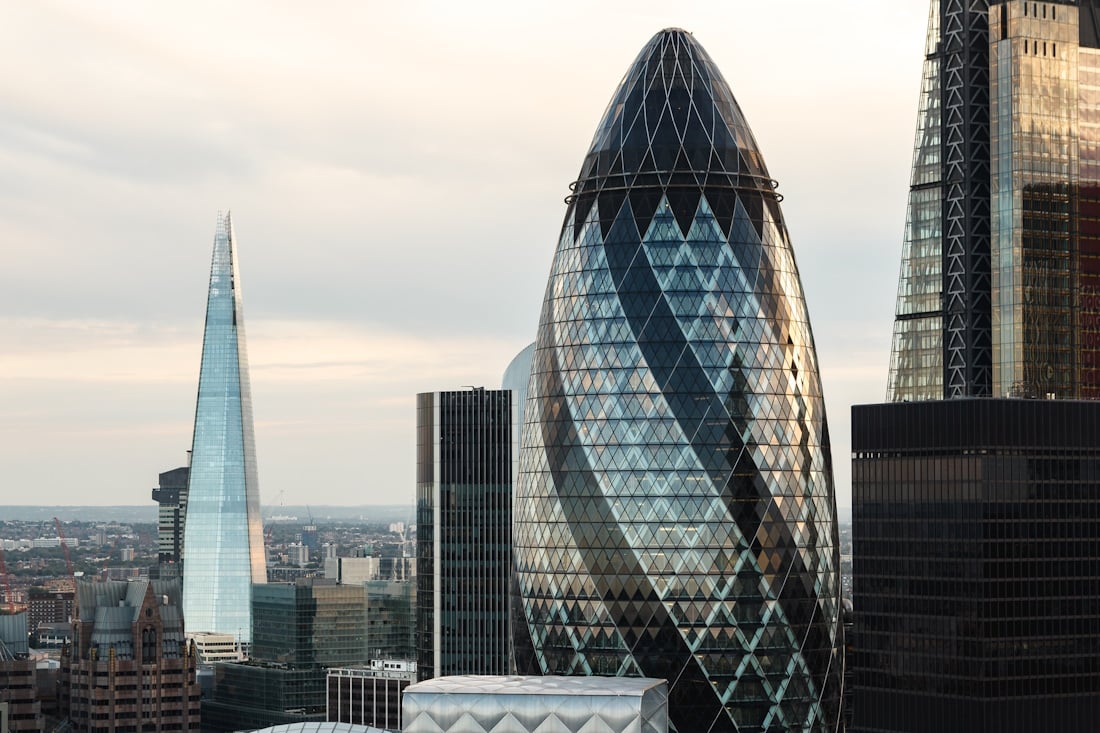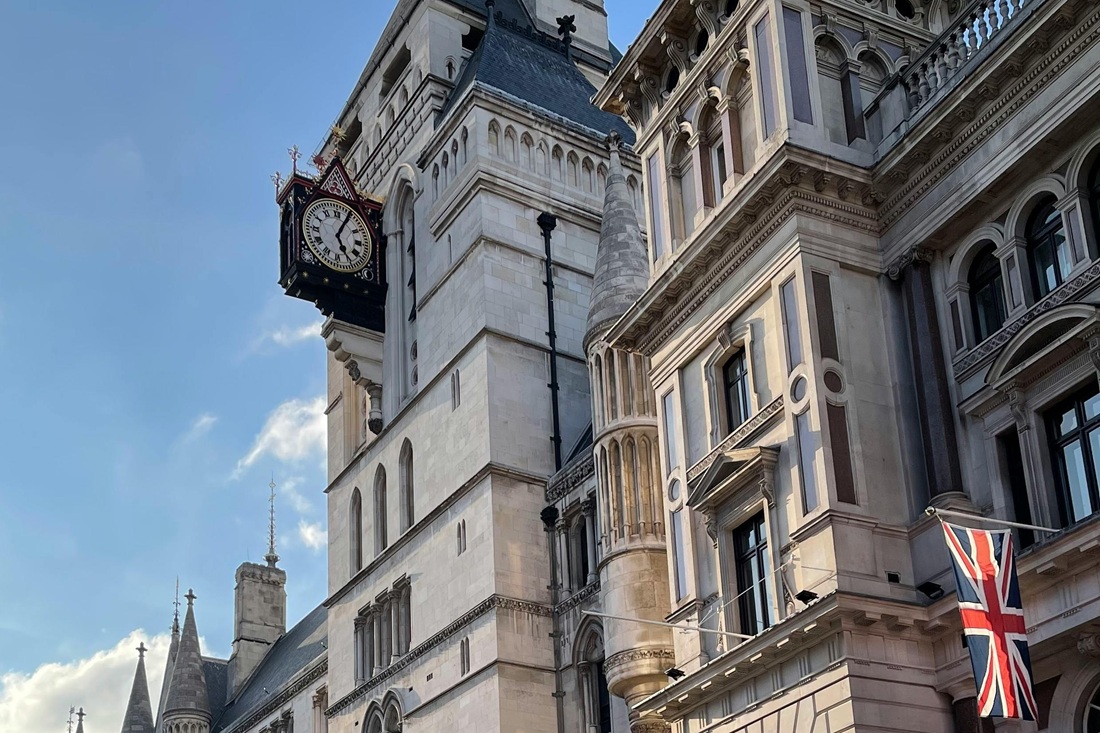One of the decisions when choosing an office space to rent is whether to opt for a high-rise building or a boutique property. Both options have their advantages and disadvantages which we will explore in this article to help you make the right choice.
High-Rise Buildings
Pros
• Boost Brand Image
Many landmark buildings, especially in London, are high-rise buildings. Think of The Shard, Canary Wharf and The Gherkin. Renting office space in a landmark building can boost your company’s image and impress both clients and potential partners.

• Range of Amenities
High-rise buildings often boast many amenities such as onsite gyms, cafés, and concierge services. These services can help you to focus on running your business whilst improving employee wellbeing.

• Networking Opportunities
With more offices in one building than a boutique property, high-rises allow a range of companies to be housed in the same building. This creates more chances for networking, potential partnerships, and collaboration.
• Customisation Options
High-rise buildings often have larger floorplates which allow for more customisation. Boutique offices are very often in period buildings with restrictions on internal walls.
• Additional Security
High-rise buildings provide a higher level of security with modern access systems and often a physical security presence.
Cons
• Less Personal Feel
Due to the high volume of people in high-rise buildings, there can often be more foot traffic and noise which may affect employee concentration and productivity.
• Busier Communal Areas
With many businesses housed under one roof, there can be a potential for overcrowded communal areas such as kitchens, breakout areas and toilets.

• Accessibility Issues
High-rise buildings offer lift access to higher floors. If these lifts are out of service, this may be an issue for tenants to get to their office. If there was a fire in the building, how much longer would it take for you to reach the ground floor?
Boutique Buildings
Pros
• Sense of Community
Boutique buildings typically have smaller floorplans, providing a cosier atmosphere. This can help businesses to foster a sense of community within themselves and within the building.

• Privacy
Businesses that require an office with fewer distractions, will find a boutique property ideal. They offer a quieter and more private space to focus which, in turn, can enhance employee productivity.
• More Location Choice
Whilst high-rise buildings are mainly found in city centres, boutique properties can be found anywhere from residential areas to busy high streets. This allows you to choose a location best suited for your specific business needs.
Cons
• Fewer Amenities
Compared to high-rise buildings, boutique properties can have fewer amenities. Certain facilities such as gyms and cafes are harder to find within a smaller property.
• Limited Networking
Despite providing a community feel within the building, it can be harder to find networking opportunities if there are fewer businesses in the centre. There can be a lack of diversity within the businesses which could limit exposure to other industries and potential collaborators.
• Limited Scalability
High-rise buildings offer a wider range of office space to rent, sometimes from a 2-person office to a self-contained floor with over 100 desks. Boutique properties are much smaller and often have limited room if you are looking to expand in the future.
• Security
All serviced offices provide a secure working environment. However, with the smaller nature of a boutique property, there is often less space for onsite security and high-tech access systems, which could be a concern.

Choosing between renting office space in a high-rise or a boutique property will depend on various factors such as business requirements and budgets. Both types of buildings have their advantages and disadvantages and the right choice for your company will depend on your long-term goals and needs.






